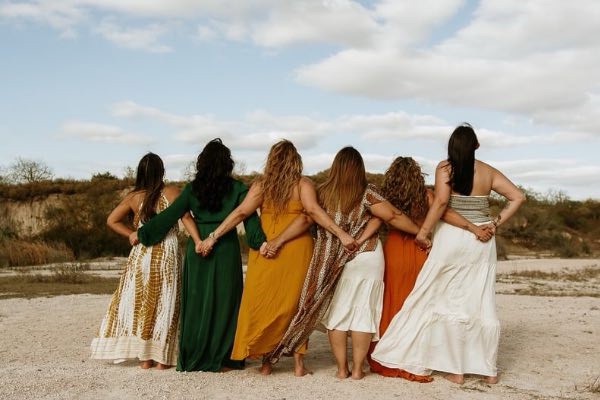Imagine being 23, with a fully loaded Spotify playlist, endless party invites, and the freedom to explore the nightlife of your city. Yet, instead of pulling all-nighters on crowded dance floors, you’re heading to a convent for a week of total silence.

Welcome to 2025’s surprising new trend: Silence Summers.
While previous generations embraced nightlife as a symbol of youth, Gen Z is rewriting the script. With social burnout at an all-time high, young people are turning to spiritual retreats and “silent sabbaticals” as a profound act of self-preservation and self-discovery.
The Burnout Generation
Gen Z grew up hyper-connected. By the time they were teenagers, they were already seasoned scrollers — living in a constant state of information overload, social comparison, and dopamine-chasing notifications.
A 2024 Pew Research survey found that nearly 70% of Gen Z respondents report feeling emotionally drained by social media interactions, with a growing number admitting they struggle to find authentic offline connections.
Nightlife and clubbing, once seen as ultimate stress relievers, now often feel like just another form of performance. The need to “show up,” document, and share in real time can intensify the exhaustion rather than heal it.
A Spiritual Pivot: The Silence Movement
Instead of dancing until dawn, young people are now choosing convents, monasteries, and wellness retreats to recharge. These spaces offer periods of complete silence, tech detox, and deep inner reflection.
Places like Plum Village in France, Vipassana centers across India, and local monastery retreats in the U.S. have seen an uptick in Gen Z applications by nearly 30% since 2023.

The appeal? Freedom from constant judgment, space to examine their thoughts, and the chance to reconnect with something bigger than themselves — be it spirituality, nature, or simply their own inner voice.
Silence as Rebellion
Choosing silence in a hyper-noisy world is an act of rebellion. It’s Gen Z’s quiet protest against hustle culture, endless comparison, and the superficial metrics of likes and views.
By going “off-grid,” they’re reclaiming a sense of agency over their minds and emotions. This is not escapism. It is an intentional pause to reset, rewire, and reflect.
The Ripple Effect
These silent retreats aren’t just temporary escapes. Many young people report coming back with more clarity about their careers, relationships, and personal goals.
Greater emotional resilience: Participants often develop healthier emotional boundaries and a reduced fear of missing out (FOMO). Improved mental health: Time in silence is shown to lower cortisol levels and promote deeper rest and creativity. Re-evaluated social connections: Many begin to value deeper, one-on-one interactions over large social gatherings.
A Life Lesson for All Generations
While it may sound extreme to some, Gen Z’s embrace of silence is a reminder that sometimes, progress doesn’t mean speeding up — it means slowing down to listen deeply to ourselves.
They’re teaching us that joy isn’t always loud, and growth isn’t always public. In a world obsessed with “going viral,” perhaps the most radical act is simply to go quiet.

Final Thought
As we watch this generation swap neon lights for candle-lit meditation halls, we see a powerful lesson unfold: to truly live, we don’t always need to add more noise — sometimes, we need to master the art of silence.
#SilenceSummers #GenZWellness #iUInspires




